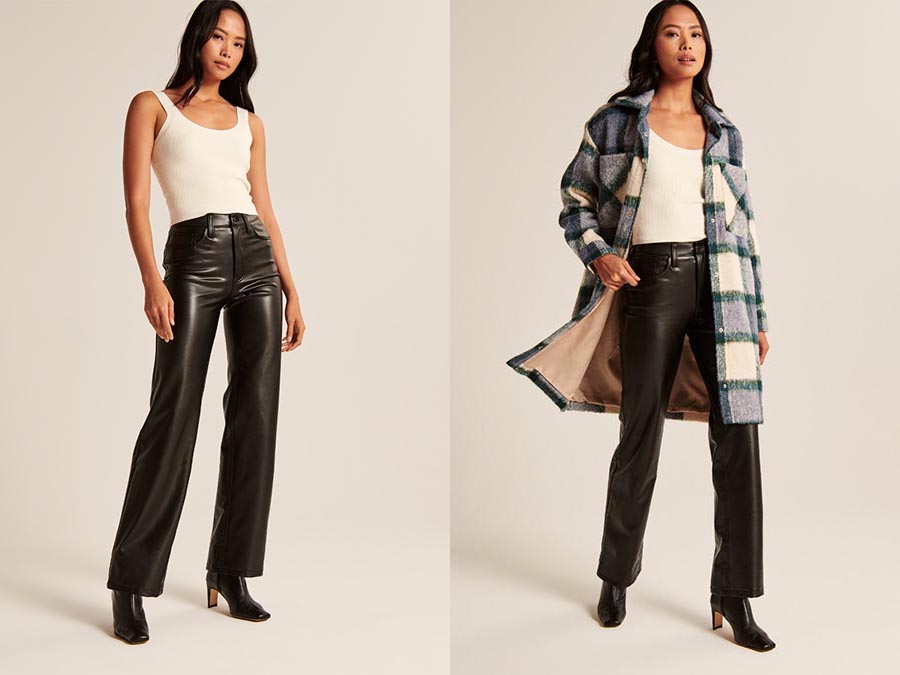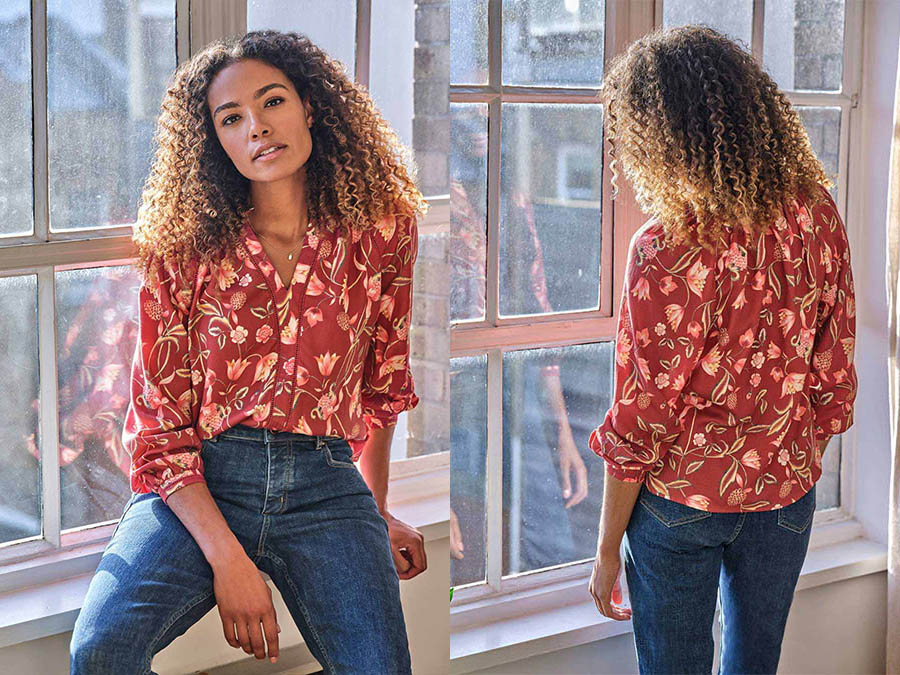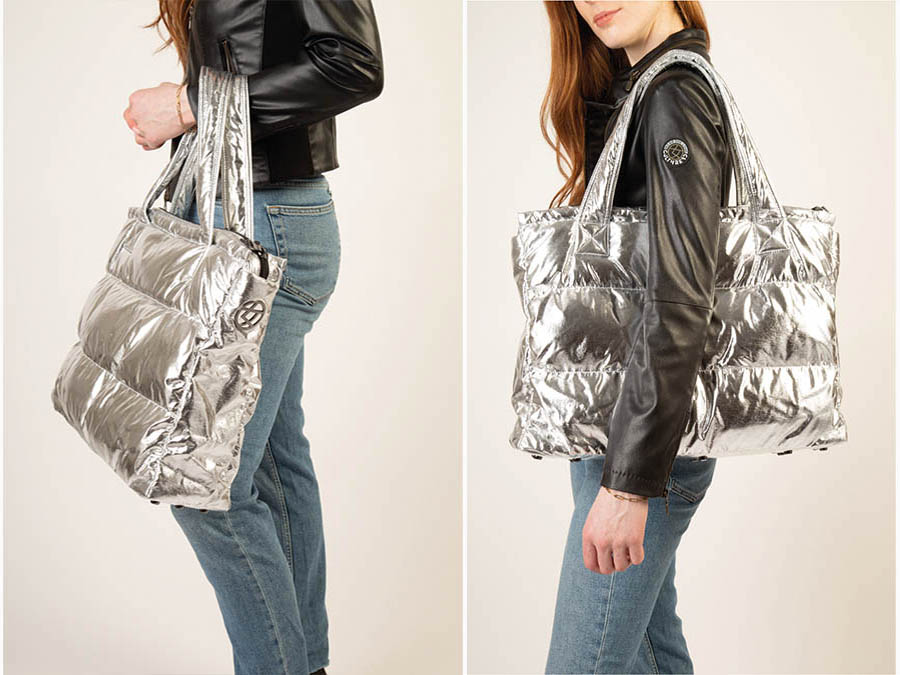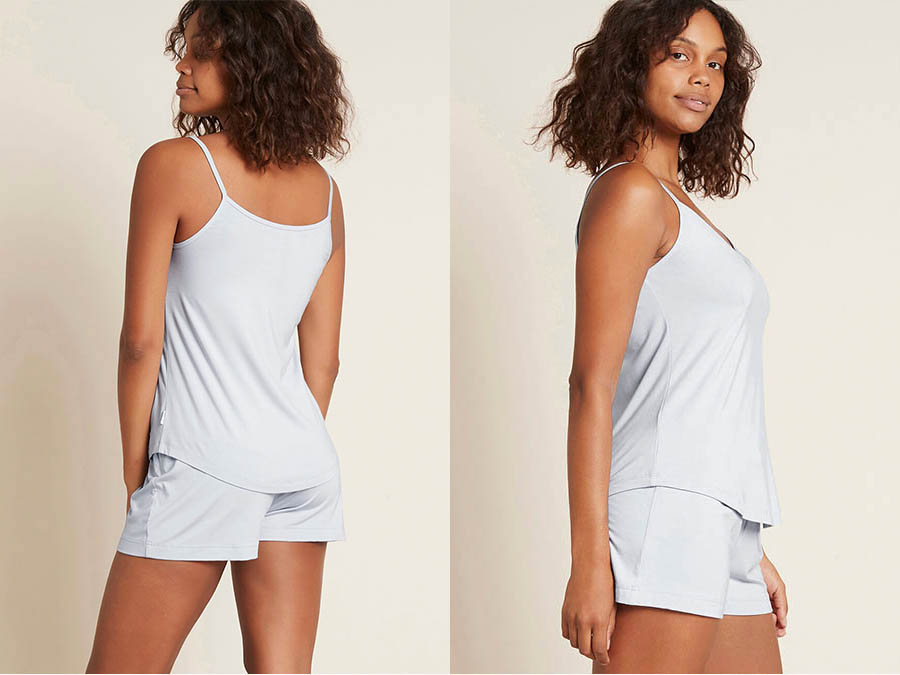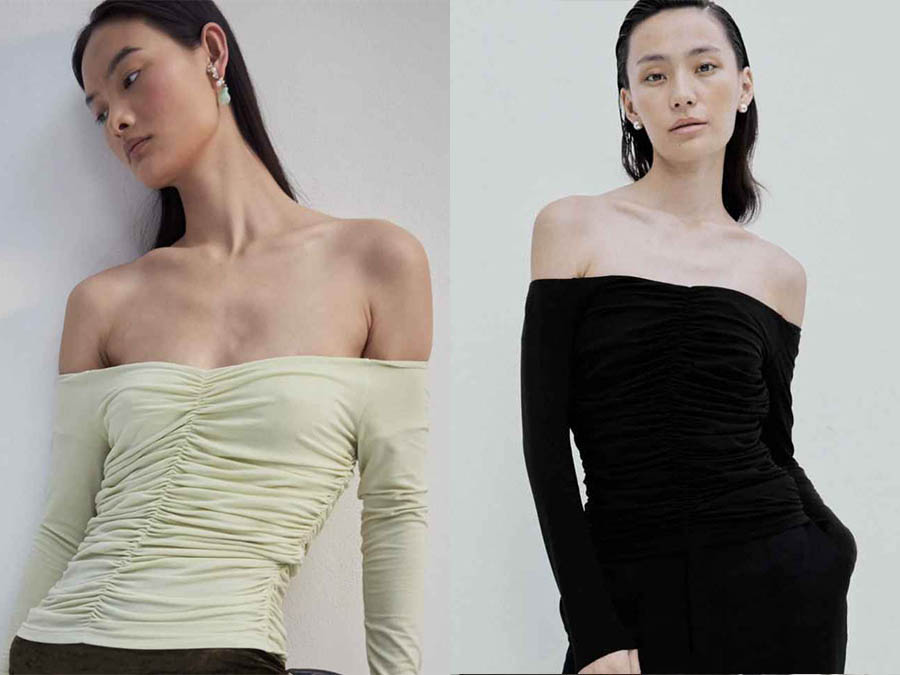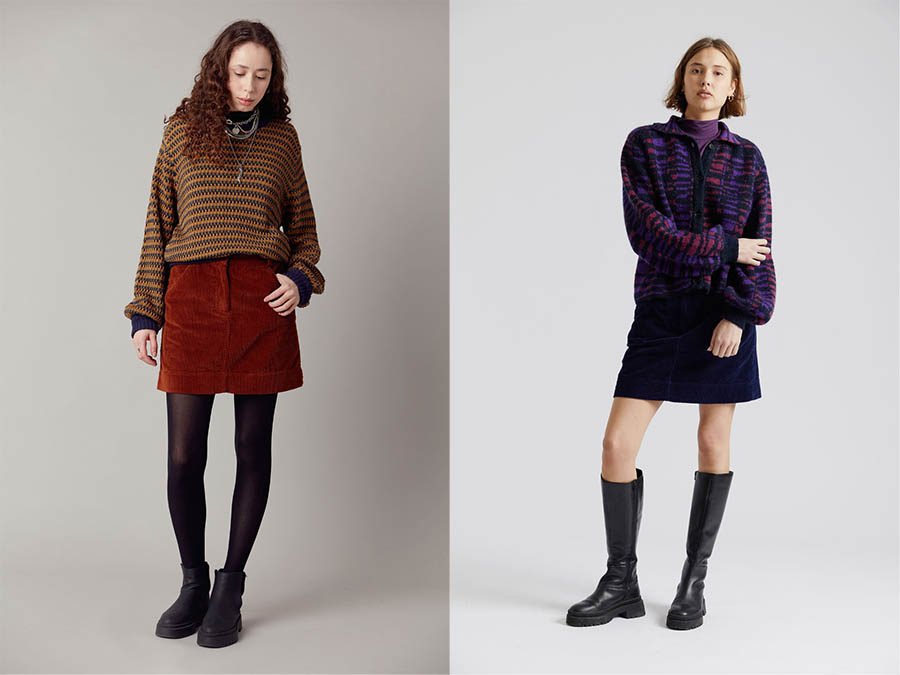What is Vegan Leather Fashion
Vegan leather, also known as faux leather or synthetic leather, is a type of material designed to mimic the look and feel of traditional animal leather without using any animal products.
It is considered a cruelty-free and more sustainable alternative to genuine leather, which is typically made from the hides of animals such as cows, goats, or pigs.
There are several methods for producing vegan leather, and they can involve various materials. Here at sustainablefashion.ie let us explain all you need to know about vegan leather.
1. Polyurethane (PU)
This is a commonly used material in vegan leather production. It is a type of plastic that can be made to resemble the texture and appearance of animal leather.
2. Polyvinyl Chloride (PVC)
Another type of plastic used in synthetic leather production. However, PVC is less environmentally friendly than PU and is associated with certain environmental concerns.
3. Plant-Based Materials
Some vegan leathers are made from plant-based sources such as pineapple fibers (Piñatex), mushroom mycelium (Mycelium leather), or cork.
4. Recycled Materials
Certain types of vegan leather are made from recycled materials, such as recycled polyester or other recycled plastics.
Vegan leather is often promoted as an ethical and sustainable choice, as it does not involve the use of animal products and may have a lower environmental impact compared to traditional leather production.
However, it’s essential to consider the environmental impact of the specific materials used in the production of vegan leather, as well as the manufacturing processes involved.
Why is Vegan Leather in the Fashion Industry so Important
Vegan leather is considered important in the fashion industry for several reasons. The top 7 being.
1. Take Care of Animal Welfare
Traditional leather production involves the use of animal hides, leading to ethical concerns about the treatment of animals in the leather industry. Vegan leather provides a cruelty-free alternative, allowing consumers to make more ethical choices in their fashion purchases.
2. Important Environmental Impact
The production of traditional leather has significant environmental consequences, including deforestation, water pollution, and high energy consumption.
Vegan leather, often made from materials like polyurethane or plant-based alternatives, can have a lower environmental impact, reducing the need for resource-intensive processes and minimising harm to ecosystems.
3. Innovation and Technology at Play
The development of vegan leather has spurred innovation in materials science and technology. Researchers and designers are constantly exploring new and sustainable materials to create high-quality alternatives that mimic the look and feel of traditional leather.
4. Popular Consumer Preferences
As awareness of ethical and environmental issues grows, consumers are increasingly seeking sustainable and cruelty-free options.
The fashion industry has responded to this demand by incorporating vegan leather into its products, offering consumers more choices aligned with their values.
5. Changing Fashion Trends and Style
Vegan leather has become a popular and fashionable choice, embraced by designers and consumers alike.
It is versatile and can be used in a variety of clothing items, footwear, and accessories, allowing for diverse and stylish options.
6. It is Now Accessible and Affordable
Vegan leather can often be produced at a lower cost than traditional leather, making it a more affordable option for consumers.
This accessibility can contribute to the widespread adoption of cruelty-free and environmentally friendly alternatives.
7. It’s Diversification of Supply Chains
Relying on a variety of materials, including vegan leather, helps diversify the fashion industry’s supply chains.
This diversification can make the industry more resilient to external shocks and reduce dependence on a single resource.
And Remember
To sum up, vegan leather in the fashion industry is important for ethical, environmental, and consumer-driven reasons.
It offers a more sustainable and cruelty-free alternative to traditional leather, aligning with the evolving values and preferences of a growing number of consumers.

